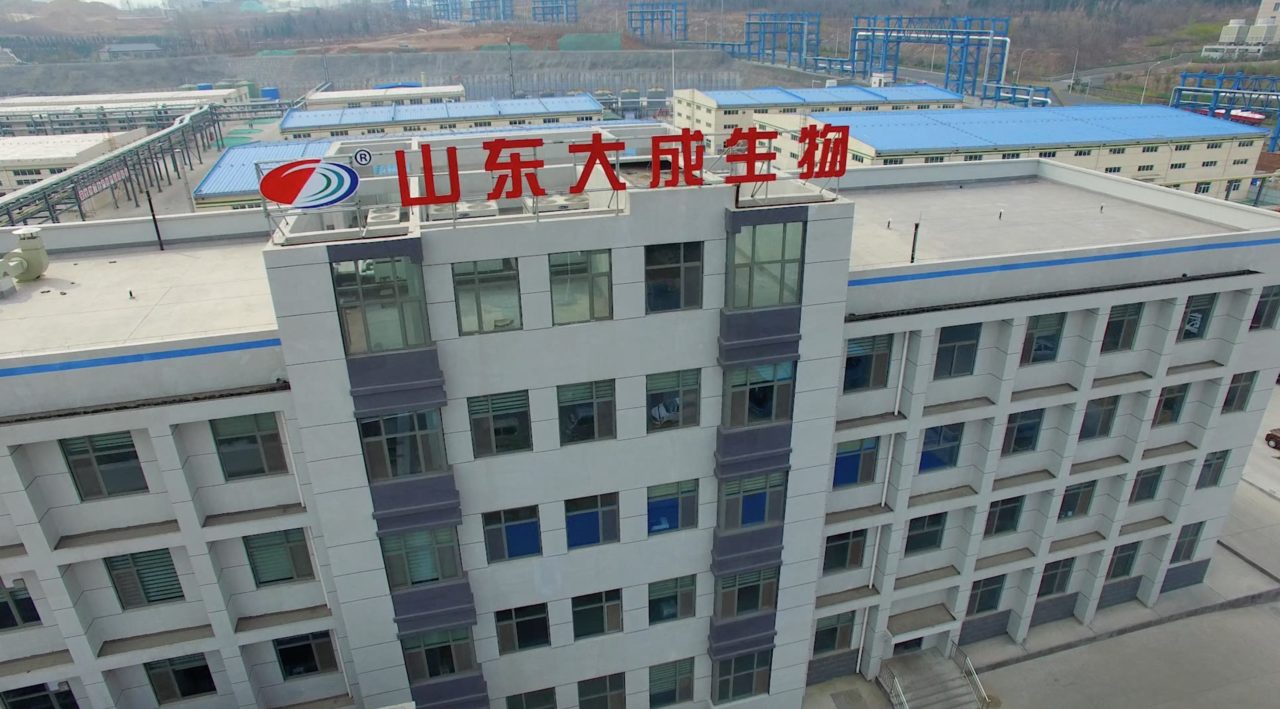Zambia Pegs Agricultural Growth on Farm Inputs
Landlocked Zambia is one of the few sub-Saharan African countries that has allocated at least 10% of the total national budget to the agricultural sector despite years of stagnation and pronounced high poverty levels in rural districts.
The country’s agricultural sector, which accounts for 22% of Zambia’s gross domestic product, has been growing at a rate of 7% by taking advantage of the unique position the country enjoys — abundant fertile land and water, which are favorable for agricultural production.
Agriculture in Zambia is dominated by smallholder farmers spread across the country. Maize is the stable food crop for majority of them. Other crops produced in Zambia include wheat, cotton, tobacco, coffee, tea, cowpeas, groundnuts, cassava, rice, sorghum, soya beans, and sunflower.
However, the smallholder farmers are land-constrained with 25% of them having less than 0.5 hectares of farm land with nearly 30% of rural households being net buyers of maize.
The farmers also face the challenge of availability or access to farm chemicals as well as affordability. In some instances the cost of some of the products make them cost prohibitive for growers, according to Mwendabai Sinyinda, a productivity specialist with Production, Finance, and Improved Technology Plus (PROFIT+), a program financed by USAID as part of President Obama’s Feed the Future global hunger and food security initiative in Zambia.
Sinyinda says for those farm chemicals that are accessible and affordable for small-scale farmers, their quality and safe use is regulated by the Zambia Environmental and Management Agency (ZEMA), a government regulatory body mandated to register and issue licenses to manufacture, import, trade, and store farm chemicals.
However, over the years, Sinyinda says ZEMA “has been observed not to perform as expected” because of alleged corruption, bureaucracy and budgetary constraints.
ZEMA has previously partnered with stakeholders in the agrichemicals market such as CropLife Zambia and other NGOs such as PROFIT+ and Musika. The partnership enables ZEMA to improve the registration, licensing, monitoring/spot-checking, training, and awareness creation of manufacturers, traders, outgrowers, farmers, and communities.
“The partnerships ensure for instance that the ‘not-permitted hazards’ farm chemicals are not availed to smallholder farmers, agro-dealers onwards for sale and use on farms in outgrower schemes,” Sinyinda said in an email to AgriBusiness Global.
“Through these partnerships, resources have been focused on enhancing synergies so there is responsibility on the pesticides (active ingredients) being manufactured, imported, stocked, traded, and sold in Zambia,” he says.
PROFIT+, for example, trains community agro-dealers (CADs) “who are the last mile stakeholders, in the trade of farm chemicals to smallholder farmers.”
“This activity focused on safe use of farm chemicals such as licensing, handling, and usage and also highlighting issues including the allowed pesticides, dose rates, control measures being practiced (Integrated Pest Management versus fixed spray regimes), so there is safety to humans, aquatic life, fauna, and flora in the surrounding environment and preservation of the biodiversity and ecosystems,” Sinyinda says.
“Further concerted efforts are still urgently required so there is strict registration, licensing, monitoring and spot-checks so that ZEMA could be an effective regulatory body that meets its mandate and is fully engaged with the manufacturers, importers, and traders of farm chemicals.”
The Investment Plan
Zambia’s agrochemicals market is dominated by some of the biggest names in the business such as BASF, Bayer, MRI/Syngenta. Other markets players in Zambia include Cropserve, Agrifocus, NWK Agri Services, ISS Agro, and ETG Inputs Zambia Ltd.
Sinyinda says demand has been on the increase for herbicides, insecticides, fungicides, acaricides, and grain fumigants and probably in that order.
The demand is likely to be fueled by the implementation of the government’s ambitious five-year $2 billion National Agriculture Investment Plan 2014–2018.
The plan has four components: sustainable natural resources management; agricultural production and productivity improvement; market access; and food and nutrition security and disaster risk management.
Part of the investment plan is the promotion of access to inputs through better targeting of the ongoing Farmer Input Support Programme (FISP), which is a pilot electronic voucher system “to enable farmers to have access to subsidized inputs in a timely way.”
The system also encourages farmers to diversify, “as they will have access to a wide range of inputs to pick from, and the promotion of private sector participation. “The system will involve more agro dealers, unlike the former system that allowed inputs such as fertilizer to be distributed by one company,” according to a release by the Ministry of Agriculture.
The Benefits
An estimated 300,000 small-scale farmers will, this year, be brought under the voucher system, increasing the total number to 700,000. This number is expected to fall to 600,000 because some will have graduated from the program.
Under FISP, farmers are issued e-vouchers to purchase inputs from certified agrodealers. Last year, 197 agro-dealers were approved across the country to supply the farm-inputs to farmers, especially smallholder.
Agrichemical companies and NGOs are also partnering with other stakeholders in Zambia’s agricultural sector to support smallholder and large-scale farmers to increase production through proper use of agrichemicals and other farm inputs even with the reducing farm sizes.
Bayer Teams Up
May last year, Bayer partnered with AGCO, a global leader in the design, manufacture, and distribution of agricultural equipment to launch a Future Farm project in Lusaka, Zambia. Bayer Southern Africa, part of Bayer AG, says the project will enable both companies to bring “their respective expertise together to develop a sustainable food production system to increase farm output by using Africa’s agricultural resources more effectively.”
Klaus Eckstein, CEO and Head of CropScience for Bayer Southern Africa, said in May last year during the launch of the partnership that “improved cultivation methods, responsible use of crop protection options and seeds tailored to local growing environments become critical.”
“The integrated approach has proven to work better than the current stand-alone solutions and will revolutionize agriculture even further, with the farms of today becoming the future farms of tomorrow,” adds Eckstein.
Bayer will focus on providing training on pest, weed and disease identification, and will also supply and provide education regarding the responsible use of crop protection remedies to both small scale and commercial farmers.
Musika, a non-profit company that works to stimulate private sector investment in the smallholder markets, is supporting what it calls “last mile” distribution network for inputs such as seed, fertilizer, farm equipment and agrichemicals, and technical information necessary in encouraging adoption of productivity, enhancing technologies to maximize the benefit of their usage among smallholder farmers.
With frequent crop failure, a result of Zambia’s strong reliance on rain-fed agriculture, movement of plants, and plant products, concern for food security is high at certain seasons of the year, which could serve as the pathway to introduction and spread of pests, according to IPPC.
Other pathways include the movement of movements of plants and plant products for economic development and plant breeding.
Despite the challenges, Zambia is one of the agrichemical markets in Africa with an extensive distribution network that enables majority of the farmers access the farm inputs and probably what organizations such as Musika and agrichemical companies have to do is ensure proper training of farmers on how to apply them on the farm and also in stores where the treated harvest is kept.
Shem Oirere is a freelance journalist based in Nairobi. He can be reached at [email protected].





